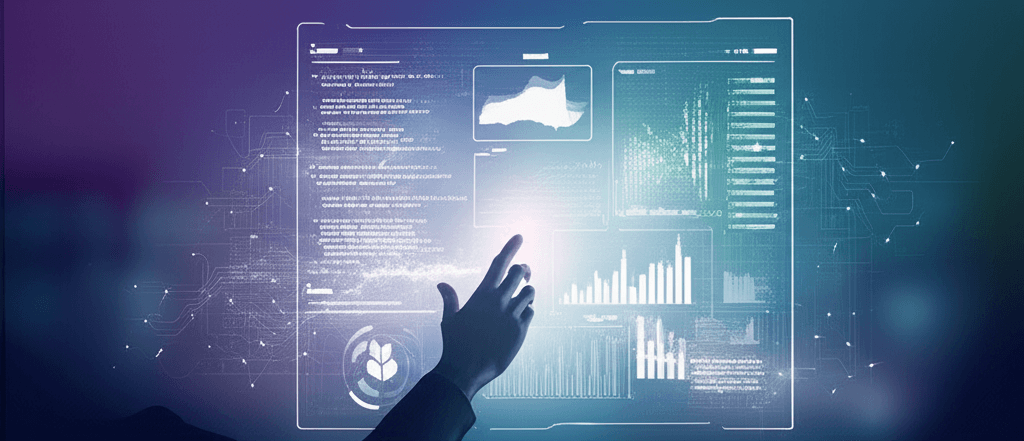Google Transforms Colab into an AI-Powered Intelligent Coding Partner
Colab's AI-first transformation empowers it as an agentic coding partner, automating weeks of work into minutes for developers.
June 25, 2025

Google has significantly enhanced its cloud-based coding environment, Colab, by integrating a suite of powerful artificial intelligence features, effectively transforming the popular platform into an intelligent coding partner. This AI-first reimagining of Colab, which has been rolled out to all users after an initial testing phase, aims to streamline and accelerate the workflows of developers, data scientists, and researchers by embedding generative AI directly into the notebook interface.[1][2] The new capabilities are designed to assist with the entire machine learning lifecycle, from data preparation and analysis to model training and visualization, lowering the barrier to entry for complex coding tasks and fostering a more interactive and intuitive development experience.[1][3] Since its inception in 2017, Google Colab has provided a free-of-charge, browser-based Jupyter Notebook environment, democratizing access to powerful computing resources like GPUs and TPUs, which are often financially prohibitive for students and independent researchers.[4][5] The platform has grown to over 10 million monthly active users and has become a staple in the machine learning, data analysis, and education communities.[6] The recent infusion of AI aims to build upon this foundation, making the process of coding in Python and tackling data-intensive projects faster and more efficient.[4]
At the core of the new AI-powered Colab are several key features designed to function as an "agentic collaborator" that understands a user's intentions.[3][2] This is primarily powered by Gemini 2.5 Flash, one of Google's advanced AI models.[3] A central component is the "Data Science Agent," an AI assistant that can automate numerous tasks.[7][8] Users can provide high-level goals in natural language, and the agent will generate a plan, write the necessary code, and execute it to produce results.[7][9] This includes handling tedious but crucial steps like importing libraries, loading datasets, cleaning data, and performing exploratory data analysis (EDA).[8][10] For instance, a user can upload a dataset and simply ask the AI to "visualize trends" or "build and optimize a prediction model," and the agent will generate a complete, executable Colab notebook to accomplish the task.[11][12] This capability significantly reduces the time spent on repetitive coding, allowing users to focus more on interpreting results and high-level strategy.[1][10] Early testers reported that tasks that once took a week could be completed in minutes.[13]
The integration goes beyond automated notebook generation, weaving AI assistance throughout the entire coding process. The "Iterative Querying" feature provides a conversational chat experience directly within the notebook.[1][3] Users can ask for code snippets, get explanations about Python libraries, and receive intelligent help with fixing errors.[1] When a bug occurs, the AI doesn't just identify it but can suggest a fix presented in a clear "diff view," allowing the user to review and accept the proposed changes.[1][3] This acts as a pair programmer, helping users prototype ideas, generate boilerplate code, and learn new concepts more effectively.[1] Furthermore, the AI can perform "Effortless Code Transformation," where users can describe a desired change in natural language, and Colab will identify and refactor the relevant code across multiple cells.[1][3] This deep integration, accessible via a Gemini spark icon in the toolbar, ensures the AI is aware of the entire notebook's context, leading to more accurate and relevant assistance.[1][2]
The implications of an AI-first Colab are far-reaching for the AI industry and the broader developer community. By automating significant portions of the data science workflow, Google is lowering the barrier for individuals and organizations to engage with machine learning and data analysis.[3][5] This democratization of AI development tools could lead to accelerated innovation as more people are empowered to experiment and build AI solutions.[5] For seasoned developers and data scientists, these features promise a massive boost in productivity by handling mundane tasks and facilitating quicker debugging and iteration.[1] The platform's ability to generate high-quality visualizations with simple natural language commands, for example, removes the need for manual tweaking of complex plotting libraries.[1] However, the increasing automation also sparks debate about the evolving role of data scientists, with some questioning whether these tools are a step toward replacing human expertise.[14] While the AI can handle many mechanical aspects of the job, the need for critical thinking, domain expertise, and strategic oversight remains firmly in the hands of the human user, who stays in control throughout the process.[1][2]
In conclusion, Google's introduction of a deeply integrated, AI-powered version of Colab marks a significant evolution for the platform and the field of AI development. By embedding advanced models like Gemini to create an agentic coding partner, Google has created a tool that can autonomously handle complex data science tasks, offer intelligent assistance, and dramatically accelerate the entire development lifecycle.[1][3][2] The move enhances Colab's long-standing mission to democratize access to powerful computational tools and has the potential to significantly boost productivity and innovation across the research and developer communities.[4][5] While the free tier continues to offer substantial capabilities, Google also provides paid plans like Colab Pro, Pro+, and Enterprise for users who require more powerful resources and guaranteed compute time.[9][15] The successful rollout and adoption of these AI features position Google strongly in the competitive landscape of AI development platforms, signaling a future where the collaboration between human developers and intelligent agents becomes the standard for building the next generation of technology.
Sources
[4]
[5]
[6]
[7]
[9]
[11]
[12]
[13]
[14]
[15]